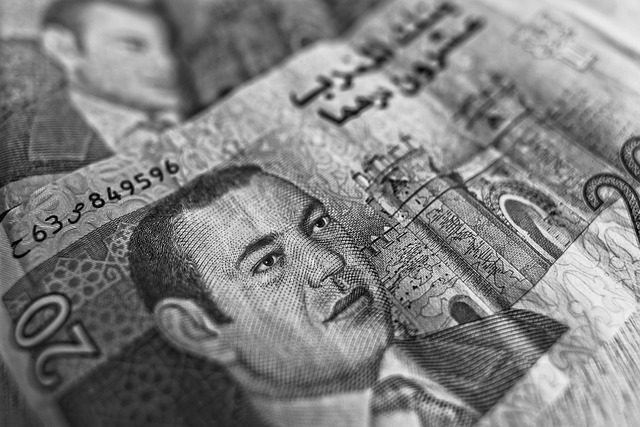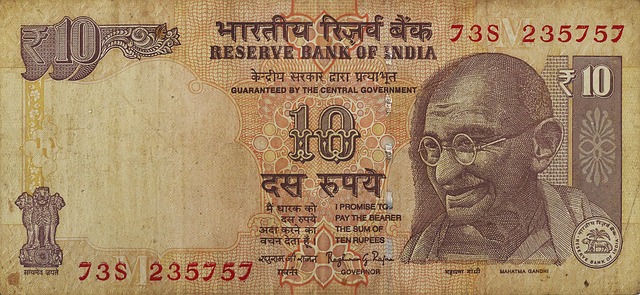Title loans and bankruptcy interact with nuanced rules varying by type of bankruptcy and local regulations. Debtors may retain vehicles while repaying under certain conditions, but lenders can repossess if repayment becomes infeasible. Income is crucial for loan eligibility, as lenders assess current means to gauge repayment ability. Navigating financial relief requires understanding alternative financing methods like Dallas Title Loans, with prudence to avoid new debt burdens during bankruptcy.
Understanding how income impacts title loan options while in bankruptcy is crucial for those seeking financial relief. This article delves into the intricate relationship between these two aspects, offering a comprehensive guide for individuals navigating their rights and resources. We explore the basics of title loans and bankruptcy laws, analyze the effect of income on loan availability, and provide insights into securing financial stability during bankruptcy proceedings. By understanding these factors, folks can make informed decisions, ensuring they access the support they need without further complicating their financial standing.
- Understanding Title Loans and Bankruptcy Laws
- Impact of Income on Title Loan Availability
- Navigating Financial Relief During Bankruptcy
Understanding Title Loans and Bankruptcy Laws

Title loans are a form of secured lending that uses a vehicle’s title as collateral. This type of loan is popular among individuals seeking quick cash, especially those with limited credit options. However, understanding the interplay between title loans and bankruptcy laws is crucial for borrowers already facing financial difficulties, such as those in Houston or considering semi-truck loans.
Bankruptcy laws are designed to provide debtors with a fresh start by offering protection from creditors and allowing them to reorganize or liquidate assets to pay off debts. While these laws offer relief, they also have specific rules regarding secured debt, including title loans. The impact of bankruptcy on a title loan depends on the type of bankruptcy filed (e.g., Chapter 7 or Chapter 13) and local regulations, which can vary from state to state. In some cases, filing for bankruptcy might allow borrowers to retain their vehicle while repaying the loan over time, whereas in other situations, the lender may have the right to repossess the vehicle if repayment isn’t feasible.
Impact of Income on Title Loan Availability

When considering a title loan while in bankruptcy, income plays a pivotal role in determining loan eligibility. Unlike traditional loans that often require extensive credit checks, title loans are secured by an individual’s vehicle equity, making it a popular option for those with limited financial history or poor credit scores. However, lenders will still evaluate a borrower’s ability to repay based on their current income.
In the context of bankruptcy, income becomes even more critical as lenders assess whether an individual has sufficient means to make consistent payments. This is because one of the primary concerns with title loans, especially for those in debt, is the potential for a title pawn that could lead to losing the vehicle if repayments are missed. Therefore, a steady and reliable income stream significantly influences a borrower’s loan eligibility and the terms offered by lenders during this challenging financial period.
Navigating Financial Relief During Bankruptcy

Navigating financial relief during bankruptcy can seem like a daunting task, but understanding your options is key to rebuilding your financial future. One important aspect to consider is how your income interacts with alternative financing methods, such as Dallas Title Loans or Title Pawn, while you’re going through the bankruptcy process. These short-term solutions can offer a quick cash infusion, but it’s crucial to assess their impact on your overall financial recovery strategy.
While bankruptcy provides a fresh start, it’s essential to be mindful of future loan obligations. A title loan payoff, for instance, might seem like an attractive option to generate funds, yet it could potentially lead to further debt if not managed prudently. The goal during bankruptcy should be to streamline finances, prioritize debts, and explore sustainable solutions that don’t create new financial burdens.
Understanding the interplay between income and title loans is crucial for individuals navigating bankruptcy. As discussed, income significantly impacts access to title loans, with stricter restrictions during bankruptcy proceedings. However, seeking financial relief through bankruptcy can provide a much-needed break from overwhelming debt. By exploring options like Chapter 7 or Chapter 13, borrowers can find a path to stability and potentially reclaim their financial freedom, even while dealing with limited loan opportunities.






